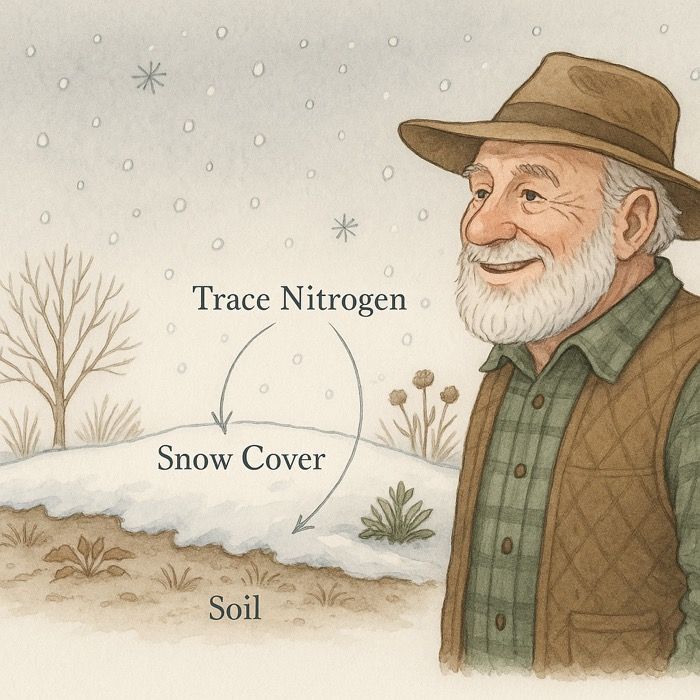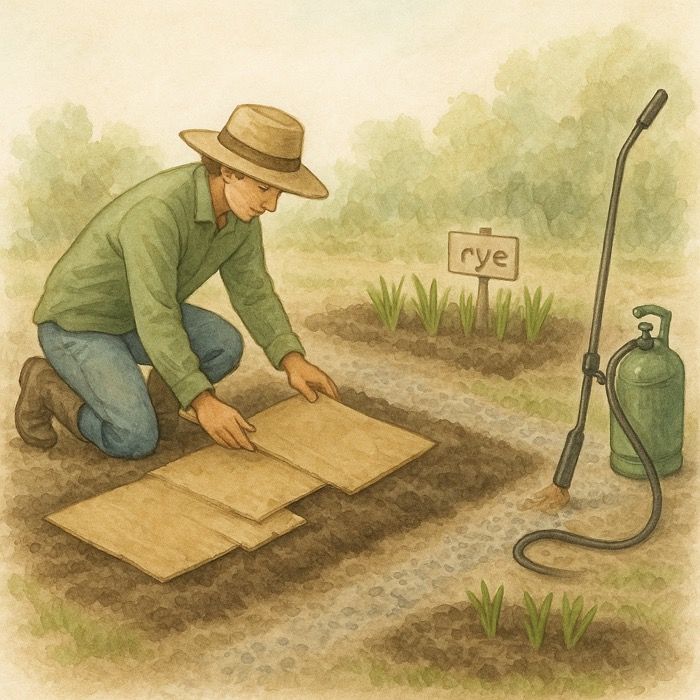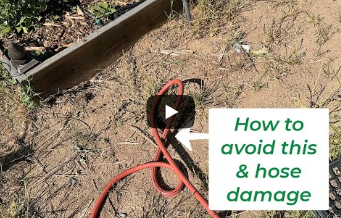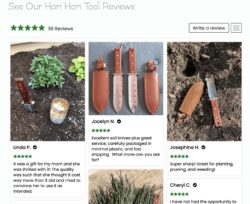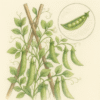What is Triple Super Phosphate? A Comprehensive Guide
All about TSP and alternatives
Triple Super Phosphate (TSP) is a highly concentrated phosphorus fertilizer widely used in gardening and agriculture. With its impressive nutrient content, TSP plays a crucial role in promoting healthy plant growth and enhancing crop yields. In this article, we will explore what Triple Super Phosphate is, its benefits, how to use it effectively, and important considerations for gardeners and farmers alike.
What is Triple Super Phosphate?
Triple Super Phosphate (TSP) is a phosphate-based fertilizer containing around 45-50% phosphorus pentoxide (P2O5). This makes it one of the most potent sources of phosphorus available for plants. TSP is produced by treating phosphate rock with phosphoric acid, resulting in a fertilizer that is rich in calcium phosphate.
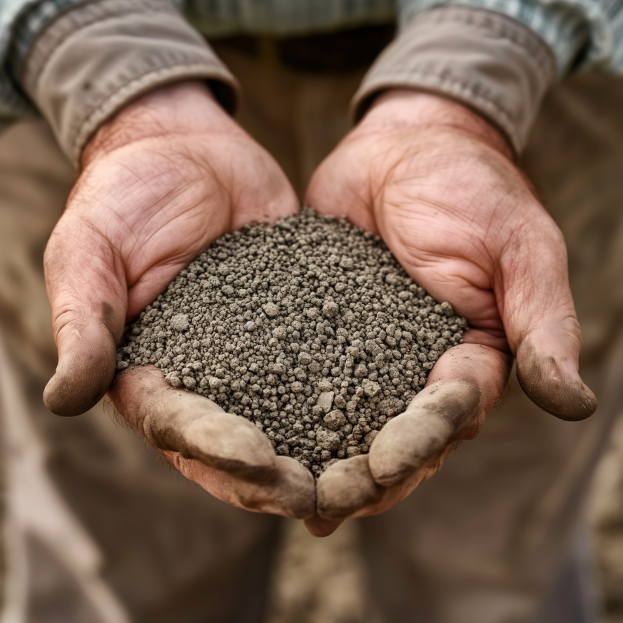
Benefits of Triple Super Phosphate
1. High Phosphorus Content – TSP’s high concentration of phosphorus makes it an efficient way to deliver this essential nutrient to plants. Phosphorus is crucial for root development, flowering, and overall plant health.
2. Improved Plant Growth – Phosphorus is a key nutrient for photosynthesis and energy transfer within plants. TSP helps plants grow stronger, develop more robust root systems, and produce higher yields.
3. Soil Enrichment – Adding TSP to the soil improves its nutrient profile, making it more fertile and productive. This is especially beneficial for soils that are deficient in phosphorus.
How to Use Triple Super Phosphate
1. Soil Testing – Before applying TSP, it’s essential to conduct a soil test to determine the existing phosphorus levels. This helps prevent over-fertilization, which can harm plants and the environment.
2. Application Methods –
- Broadcasting – Spread TSP evenly over the soil surface before planting or during the growing season. This method is suitable for larger areas like lawns or agricultural fields.
- Banding – Place TSP in bands along the planting rows to ensure that the phosphorus is readily available to the plant roots. This method is often used for row crops and vegetables.
- Incorporation – Mix TSP into the soil during tilling or plowing. This distributes the fertilizer evenly throughout the soil, making the nutrients accessible to plants.
3. Recommended Rates – Follow the recommended application rates based on your soil test results and the specific needs of your plants. Over-application can lead to nutrient imbalances and environmental issues.
Important Considerations
1. Environmental Impact: While TSP is an effective fertilizer, it’s important to use it responsibly. Overuse can lead to phosphorus runoff, which contributes to water pollution and eutrophication in nearby water bodies.
2. Balanced Fertilization: Combine TSP with other fertilizers to ensure a balanced nutrient supply for your plants. A well-rounded fertilization plan includes nitrogen, potassium, and other essential nutrients.
3. Safety Precautions: When handling TSP, wear protective gloves and follow the manufacturer’s safety guidelines. Store the fertilizer in a cool, dry place, away from children and pets.
Master Gardener Tip: Manufactured chemical fertilizers are like junk food for your plants, they are a quick, rapid solution that provides quicks satisfaction, but long term problems. Always go with natural fertilizers if possible to reduce the impact on your long term sooil health and environmental impact.
Organic Fertilizers as Substitutes for Triple Super Phosphate
While Triple Super Phosphate (TSP) is an effective and potent source of phosphorus, many gardeners and farmers prefer using organic alternatives to maintain sustainable and eco-friendly practices. Here are some organic fertilizers that can be used as substitutes for TSP:
1. Bone Meal
Description – Bone meal is a finely ground powder made from animal bones. It is rich in phosphorus and calcium, making it an excellent organic fertilizer.
Benefits –
- Provides a slow-release source of phosphorus, ensuring steady nutrient availability.
- Enhances root development and flowering in plants.
- Improves soil structure and microbial activity.
Application –
- Work bone meal into the soil before planting.
- Apply it as a side dressing for established plants during the growing season.
2. Rock Phosphate
Description – Rock phosphate is a natural mineral mined from phosphorite deposits. It contains phosphorus in the form of calcium phosphate, similar to TSP, but with a slower release rate.
Benefits –
- Offers a long-term source of phosphorus, gradually releasing nutrients over several years.
- Enhances soil fertility and supports beneficial soil microorganisms.
- Safe for use in organic gardening and farming.
Application –
- Incorporate rock phosphate into the soil during planting or tilling.
- Use it as a soil amendment for perennial plants and fruit trees.
3. Fish Bone Meal
Description – Fish bone meal is made from the bones of fish and is a byproduct of the fishing industry. It is rich in phosphorus, calcium, and other trace minerals.
Benefits –
- Provides essential nutrients for plant growth and development.
- Enhances soil fertility and promotes beneficial microbial activity.
- Suitable for use in organic gardening.
Application –
- Mix fish bone meal into the soil before planting.
- Apply it as a side dressing for growing plants.
4. Compost
Description – Compost is decomposed organic matter, such as kitchen scraps, yard waste, and manure. While it contains lower levels of phosphorus compared to TSP, it is an excellent overall soil amendment.
Benefits –
- Improves soil structure, water retention, and aeration.
- Provides a balanced supply of essential nutrients, including phosphorus.
- Enhances soil microbial activity and supports healthy plant growth.
Application –
- Spread compost over the soil surface and work it into the top few inches.
- Use it as mulch around plants or incorporate it into planting holes.
5. Manure
Description – Manure from livestock (e.g., cows, horses, chickens) is a traditional organic fertilizer. Well-composted manure is especially beneficial for adding nutrients to the soil.
Benefits –
- Provides a rich source of organic matter and essential nutrients, including phosphorus.
- Improves soil fertility, structure, and moisture retention.
- Supports healthy microbial activity in the soil.
Application –
- Apply well-composted manure to the soil before planting.
- Use it as a top dressing around established plants.
Conclusion
Triple Super Phosphate is a powerful fertilizer that provides a high concentration of phosphorus, essential for healthy plant growth and development. By understanding what TSP is and how to use it effectively, gardeners and farmers can enhance their soil’s fertility and achieve better crop yields. For those seeking sustainable and eco-friendly options, organic fertilizers such as bone meal, rock phosphate, fish bone meal, compost, and manure offer excellent alternatives. These organic substitutes not only supply essential nutrients but also improve soil health and support environmentally responsible gardening practices.
By incorporating both TSP and organic fertilizers into your gardening routine as needed, you can ensure your plants receive the vital nutrients they need to thrive. Happy gardening!
Additional Resources
For more gardening tips and advice, subscribe to our newsletter and stay updated with the latest trends in gardening and agriculture.
Triple Super Phosphate (TSP) FAQ
Q: What is Triple Super Phosphate (TSP)? A: Triple Super Phosphate (TSP) is a highly concentrated phosphorus fertilizer made from phosphate rock and phosphoric acid. It typically contains around 45-50% phosphorus pentoxide (P2O5).
Q: How is TSP produced? A: TSP is produced by treating finely ground phosphate rock with phosphoric acid. The chemical reaction results in calcium phosphate and phosphoric acid, creating a fertilizer rich in phosphorus.
Q: What are the benefits of using TSP? A: TSP provides a high concentration of phosphorus, which is essential for root development, flowering, and overall plant health. It enhances plant growth, improves soil fertility, and supports higher crop yields.
Q: How should TSP be applied in the garden? A: TSP can be applied using several methods:
- Broadcasting: Spread evenly over the soil surface before planting.
- Banding: Place in bands along planting rows.
- Incorporation: Mix into the soil during tilling or plowing.
Q: What are the recommended application rates for TSP? A: The application rates depend on soil test results and specific plant needs. It’s essential to follow recommended rates to avoid over-fertilization and potential environmental issues.
Q: Are there organic alternatives to TSP? A: Yes, organic alternatives include bone meal, rock phosphate, fish bone meal, compost, and well-composted manure. These provide essential nutrients and improve soil health while supporting sustainable gardening practices.
Q: Is TSP safe for the environment? A: While TSP is effective, overuse can lead to phosphorus runoff, causing water pollution and eutrophication. It’s important to use TSP responsibly and follow recommended application rates.
Q: Can TSP be used for all types of plants? A: TSP is beneficial for most plants, especially those requiring high phosphorus levels like root vegetables and flowering plants. However, always consider soil test results and specific plant needs.
Q: How does TSP compare to other phosphorus fertilizers? A: TSP has a higher phosphorus concentration than single super phosphate (SSP), making it more efficient in delivering this nutrient. However, TSP may not provide additional nutrients like sulfur found in SSP.
Q: Where can I learn more about using TSP in home gardening? A: UC Davis and the UC Master Gardener Program provide valuable resources and guidelines for using TSP and other fertilizers in home gardening. Visit their websites for detailed information:
- First Year Care – The California Backyard Orchard
- Soil Improvements and Preparation
- Home Gardening Fertilizing Guide
For more detailed and specific information, always refer to trusted agricultural and gardening resources.
More From Our Master Gardener
Recent Posts

❄️ Snow as Fertilizer – The Truth About “Poor Man’s Nitrogen”

5 Unexpected Winter Weed Control Strategies (That Don’t Involve Mulch)

Harnessing Winter Sun – Passive Solar Tricks for Your Garden

How to Grow Spinach – The Ultimate Beginner’s Guide for Tender, Nutritious Leaves

How to Grow Peas: The Ultimate Beginner’s Guide for Sweet, Crisp Harvests


